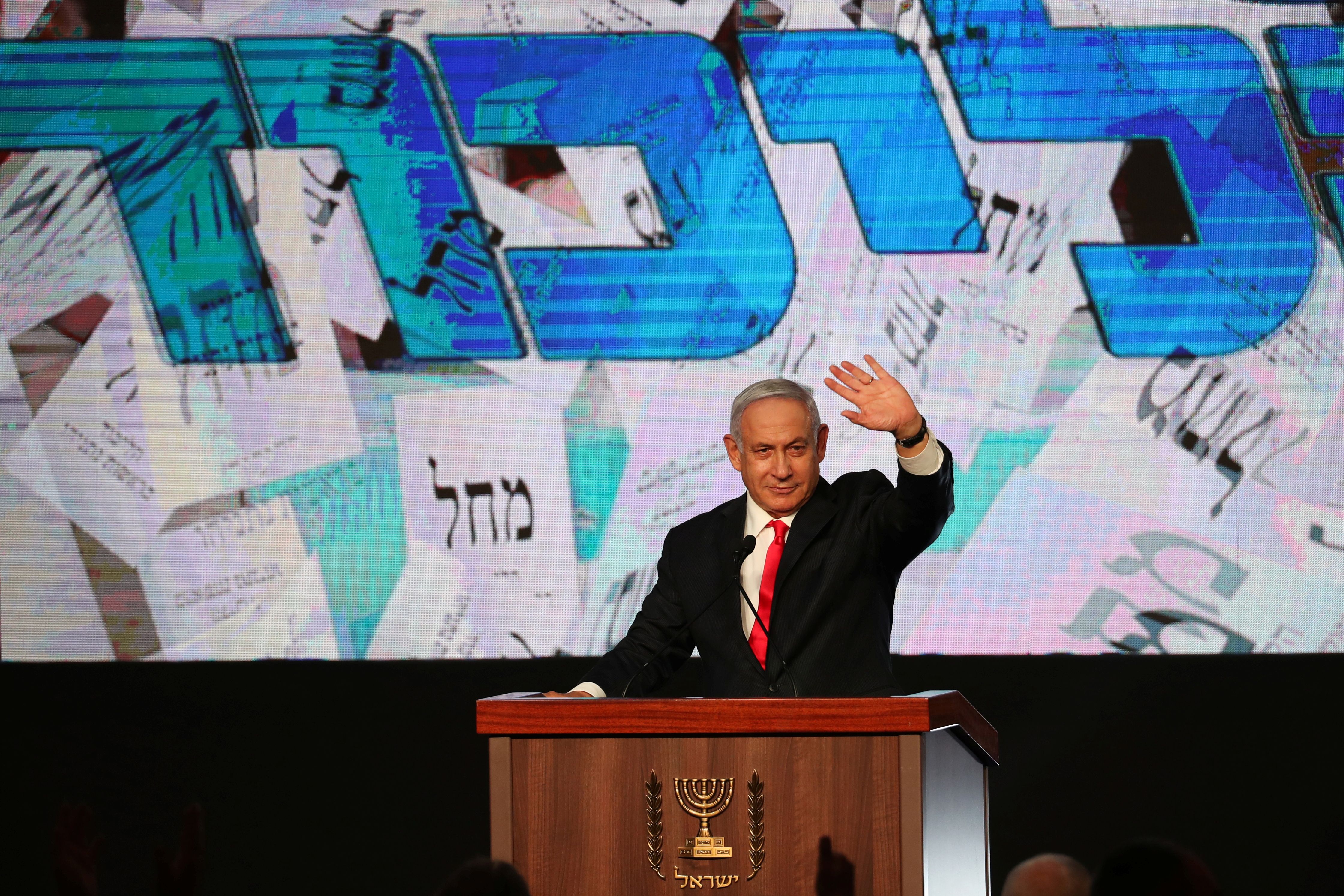Results of the Early Parliamentary Elections in Israel

What are the official results?
Likud, led by Netanyahu, remains the largest party in the Knesset with 30 seats out of 120. The second strongest is the opposition party Yesh Atid, led by Yair Lapid (17 seats), followed by the Orthodox Shas (9) and Blue and White led by Benjamin Gantz (8). Most of the remaining parties obtained a similar number of seats—seven mandates each for the right-wing Israel Our Home, Labour Party, religious United Torah Judaism, and Yamina, led by Naftali Bennett, and six mandates each for Arabic bloc Joint List, New Hope, the social democratic Meretz, and the far-right Religious Zionist Party (RZP). The last party to cross the threshold is the conservative Arab party Ra'am with four seats. Turnout was 67%, 4 p.p. lower. than in the last election. Electoral protests are likely to be submitted (especially by Likud), but they should not affect the final results.
What do the results mean for the Netanyahu?
Netanyahu is just a few seats shy of being able to form a right-wing religious coalition. Likud, together with the religious parties and the RZP, and after an agreement with Yamina (Bennett is part of the opposition, but has not ruled out a coalition with Netanyahu), would have 59 seats. Apart from luring defectors from the opposition, the best chance to reach a majority is a coalition with Ra'am, whose leader, Mansour Abbas, has also not ruled out his party’s participation in government. The first ever accession of an Arab party to the coalition would be a breakthrough for the Israeli political system. However, such a scenario remains unacceptable to some in Likud and the ZPR, which represents the anti-Arab Jewish nationalist milieu. If Likud does not succeed in reaching a partnership deal with Yamina and Ra'am or other forms of gaining a majority (e.g., by trying to undermine the validity of some ballots), Netanyahu will strive to call the next elections as soon as possible, which would allow him to maintain his PM position at least until then.
What are the scenarios for the opposition?
If Yamina and Ra'am do not join Netanyahu, the joint opposition will have the majority in the Knesset. The appointment of a prime minister and the formation of a stable government by such a composition of nine groups often belonging to extremely different circles, remains unlikely. However, the opposition may use its advantage in parliament to weaken Netanyahu, for example, by introducing laws that block indicted person from serving as PM. Another option is appointing a technical prime minister from the current opposition leaders, which would allow most parties to achieve their main election goal of removing Netanyahu from office and stabilising the political scene before the next elections. The most acceptable candidate for the head of such a government would be Benjamin Gantz.
What else did the election results reveal?
The Israeli political scene remains deadlocked largely due to the decline in Netanyahu’s credibility—right-wing parties with similar platforms maintain dominance in parliament, and the main axis of the dispute revolves around their attitude towards the prime minister. Contrary to expectations, the success of the vaccination deployment (now 60% of the population) and the easing of restrictions did not contribute to an increase in support for Netanyahu and Likud. In turn, the fragmentation of the opposition indicates that without consolidation it cannot create an alternative that is attractive to voters in the event of further elections. The lack of prospects of a new coalition will complicate the decision-making process in domestic affairs (e.g., appointments to state offices, including the heads of the secret services) and foreign policy (Israeli-Arab normalisation, relations with Palestinians in the context of the Palestinian Authority elections).


